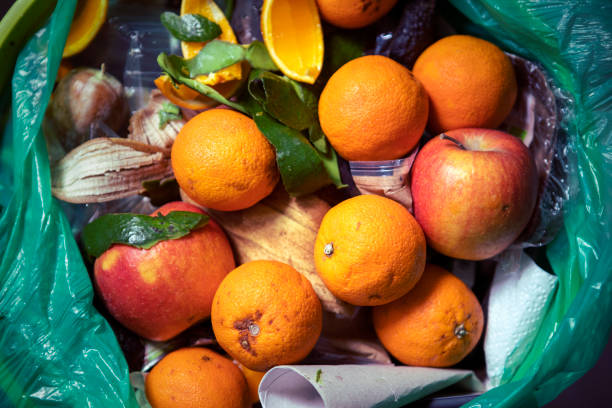
Simple Tips to Avoid Food Waste
In Canada, 58% of food produced in Canada is lost or wasted each year. This represents almost $1,800 that the typical Canadian household spends on food waste annually. *
Not only is food waste tough on the wallet, but also on the environment. Food that is produced but not eaten ends up in landfills and creates methane, a powerful greenhouse gas that is a significant contributor to climate change. When food is wasted, all the resources used to produce it are also wasted.
* Source: The Avoidable Crisis of Food Waste (2019): Roadmap; Second Harvest and Value Chain Management International
These 3 tips can help you minimize the money and waste you throw away, while contributing to the betterment of the environment:
|
|
|
|
|
|
|
|
|


